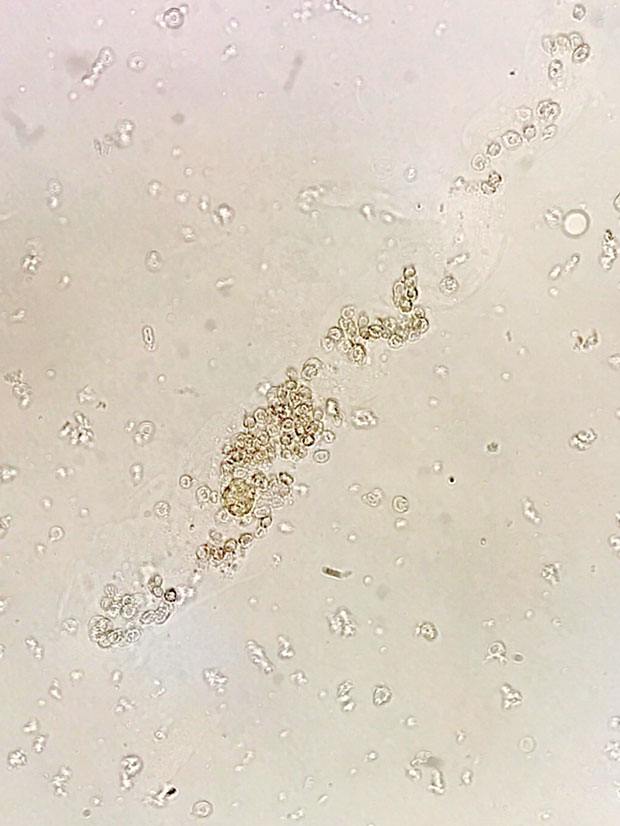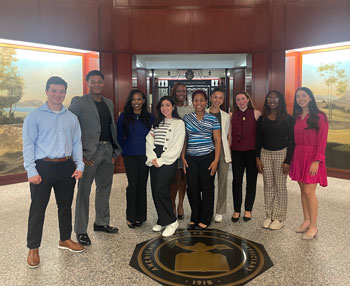Welcome to I.M. Matters from ACP
This issue announces our new name and includes lead stories on vertigo and grateful patient fundraising.
It's a new year and we have a new name for ACP's member newspaper! As I mentioned to you in November, ACP Internist has changed its name to I.M. Matters from ACP in keeping with ACP's identity campaign, which prefers the term "internal medicine physician" to "internist" as a way of unifying the internal medicine profession and championing common ground. (For more information on ACP's identity campaign, see the ACP Spotlight section in this issue.) Our companion e-newsletter, ACP Internist Weekly, has been similarly renamed, with I.M. Matters Weekly from ACP arriving via email starting this month.
This issue's story tackles the tricky topic of vertigo. The disorder has been reported to have a lifetime prevalence ranging between 17% to 30%, with three-quarters of patients presenting to their primary care physicians, but it can be difficult to diagnose and treat. Once stroke has been ruled out, experts said, physicians can focus on asking patients about the timing and possible triggers of their attacks, and relief can often be provided with fairly simple repositioning maneuvers.
Has one of your patients ever received a donation request from your institution in your name? This type of "grateful patient" fundraising has been increasing in recent years and has in turn been raising important ethical questions. For example, patients may feel that their care could be negatively affected if they don't give, or positively affected if they do, while physicians may worry about potential consequences from their institution if they decline to participate. In a recent position paper, the College sought to set some guardrails around these practices.
Lyme disease may be the most widely known tick-borne disease, but two recent reports from the CDC shed light on another: alpha-gal syndrome. With this condition, a patient is bitten by a tick that has a specific sugar in its saliva, then exhibits allergic symptoms such as vomiting, diarrhea, or anaphylaxis weeks to months later after consuming animal products containing that same sugar. There's no cure for alpha-gal syndrome, so preventing tick bites, especially in regions where the lone star tick is endemic, is critical. Senior Writer Gianna Melillo talks to a CDC expert to learn more.
Also in this issue, conference coverage looks at perioperative medication management, I.M. Ready offers advice on getting published for early career physicians, and Pearls from I.M. Peers discusses urinalysis as a "liquid biopsy of the kidney."
Let us know what you think of our coverage, and our new name. Happy New Year to all of our readers—we look forward to covering internal medicine and ACP news for you in 2024.
Sincerely,
Jennifer Kearney-Strouse
Executive Editor





